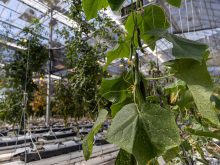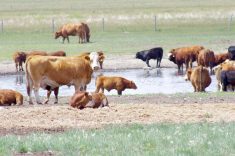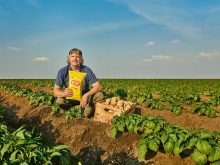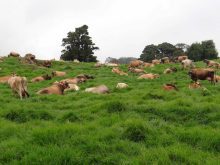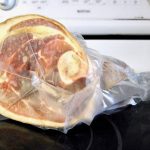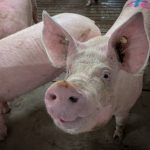The future of the Brooks beef-packing plant at the centre of an E. coli outbreak that triggered the largest beef recall in Canadian history has been secured. JBS USA announced in a press release that its subsidiary JBS Food Canada Inc. was exercising its option to purchase the XL Foods Lakeside beef-packing plant. JBS has been managing the facility since it reopened on Oct. 29, 2012. In addition to the Brooks plant, the deal includes another packing plant in Calgary and a 70,000-head feedlot with an adjoining 6,000 acres of farmland in Brooks.
Read Also
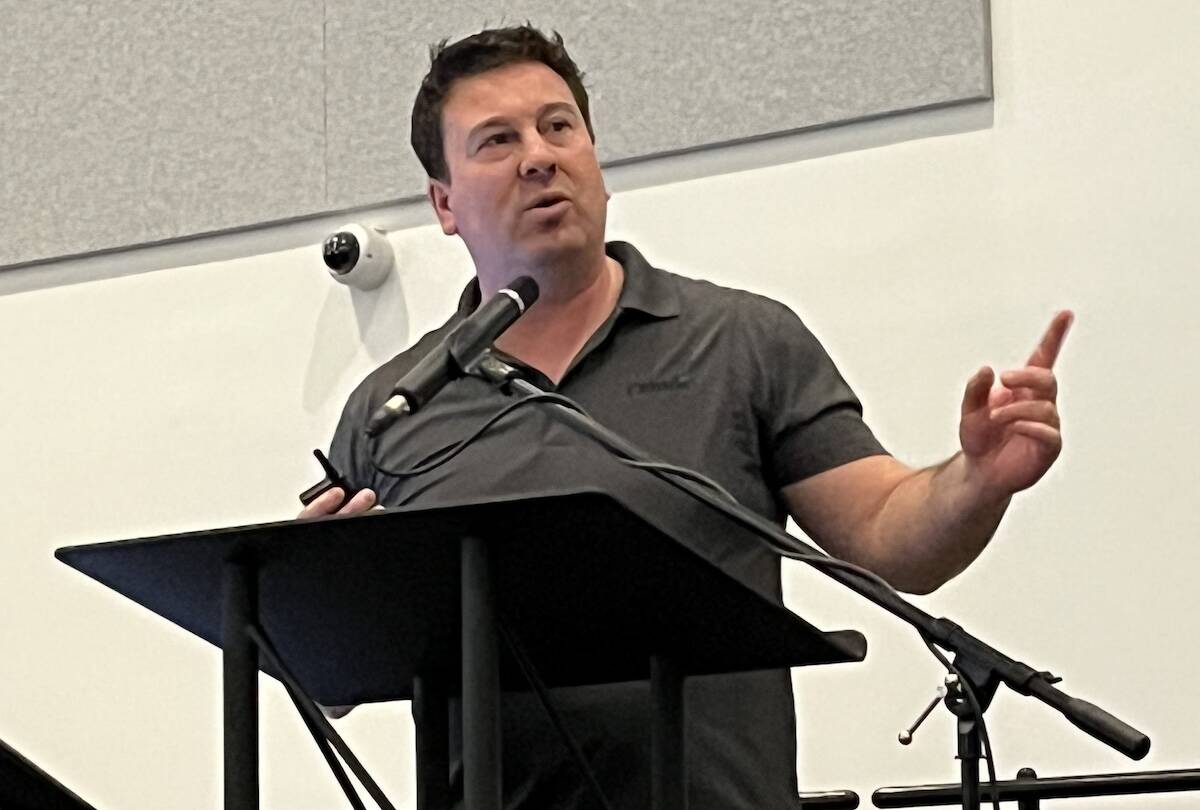
Aster leafhoppers: An unwanted guest migrating from U.S. for canola
Research scientist talks about the prevalence of aster yellows in canola in Alberta, with testing on its pest carriers and conditions in which it affects yields.
“We’re absolutely thrilled to officially enter the Canadian beef-processing market,” said Cameron Bruett, head of corporate communications for JBS USA in an interview.
In October there was an option to buy the plant and other Canadian and American facilities from Edmonton-based Nilsson Brothers, the owners of XL Foods for $100 million in cash and JBS shares. The exact details of the sale have not yet been released. Decisions about the name and any changes to the facility haven’t been determined yet, Bruett said.
“We’ll address those issues when we officially acquire the facility,” adding it was hoped the acquisition would be done by mid-January. The plant under XL Foods processed both cull cows and finished slaughter cattle. Bruett said the slaughter mix under JBS will depend on the market.
The release said JBS is awaiting the U.S. government’s regulatory review for whether it can proceed with the purchase of XL Food’s assets south of the border. However, while they’ve been embraced by Canadian cattle producers, there’s been some opposition south of the border. “We have seen some cattle groups raise some concerns, yes, but we’re going through the process with the U.S. government on that and they’ll conduct their review,” Bruett said.
Representatives from Canadian cattle groups welcomed the deal. “That’s certainly good news for the industry,” said Doug Sawyer, chair of Alberta Beef Producers. “We’re very pleased to see JBS is making the full commitment.” Sawyer said JBS has a lot of experience in expanding export markets, which he’s hoping will help Canadian beef. “I’m not seeing any concerns,” he said. It would have been nice to see a Canadian company step up, he said, but there was nobody willing to do so. “I think that JBS, judging from what I have learned from them, they look like a good fit,” he said. “I think it bodes well for the foreseeable future for that plant.”
Brent Chaffee, chair of the Alberta Cattle Feeders’ Association, agreed it was good news, though he’d like to see a third bidder enter the beef-packing market. “What the Canadian market needs is either another entity as a reliable local bidder and/or a fluid border. Those two things would help the industry as much as another name on the packing plant in Brooks,” he said.
Chaffee thinks JBS will continue to operate the plant at an “economical level” but said they might not try and feed as many cattle in the area as Nilsson’s had. “I think the overall concentration of captive cattle for that plant will be lower,” he said, adding that should mean a more robust cash market.
Western Stock Growers Association chair Phil Rowland agreed with Chaffee that he’d like to see a third bidder in the marketplace, but felt the JBS purchase is good news. “It’s more important that we have a stable packing market than our concerns about a foreign ownership,” he said. “They certainly are experts in the packing industry.” JBS USA is owned by JBS S.A., a leading Brazilian global meat production company.




